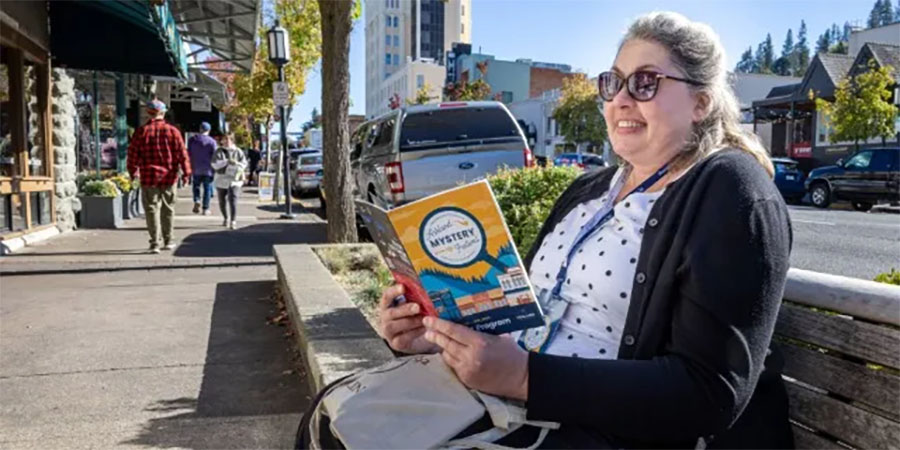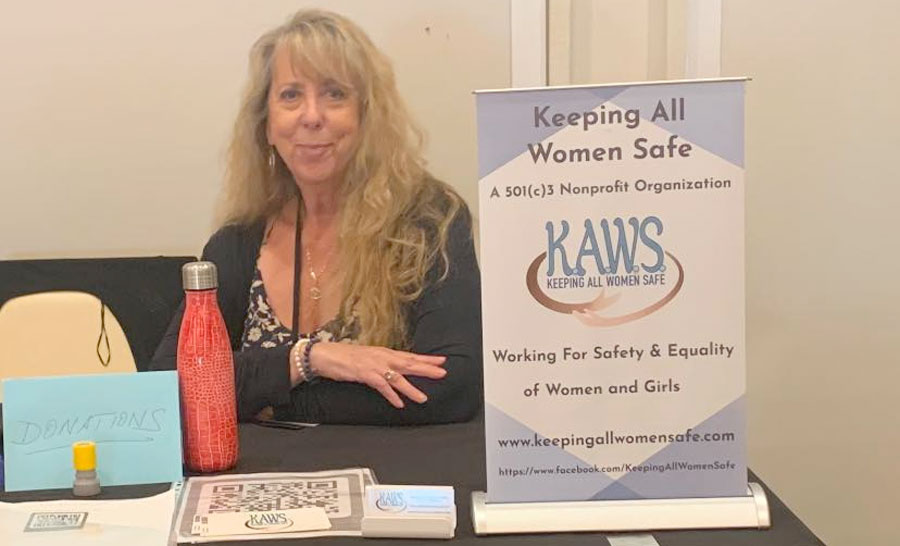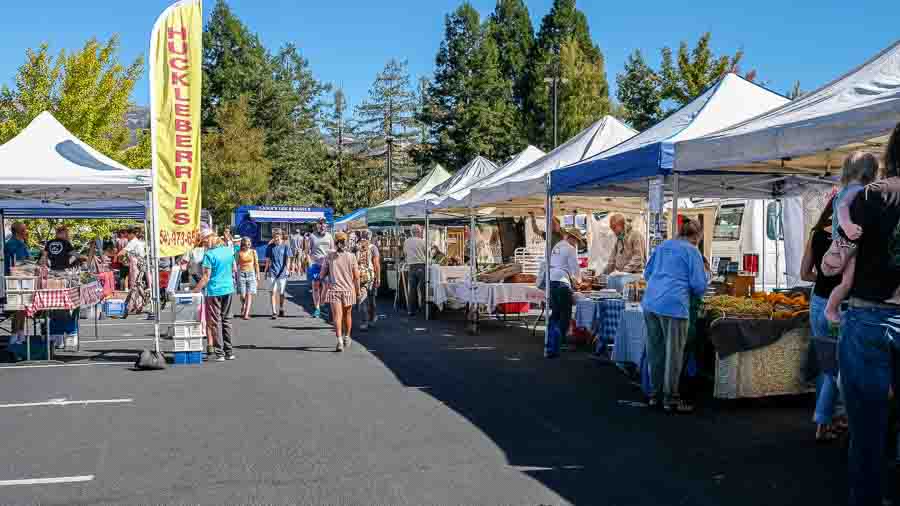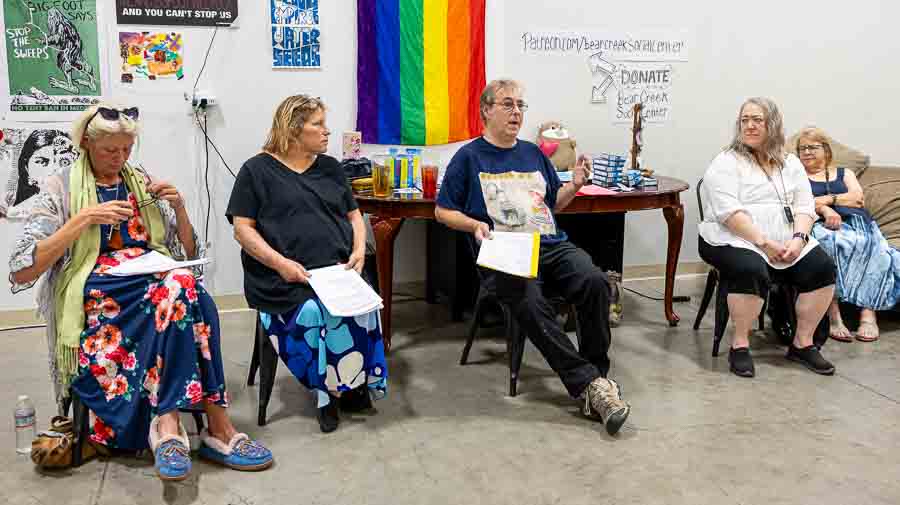Women’s Civic Improvement Club said it was ‘beautiful country and it is up to us to keep it so!’
By George Kramer
Lithia Park is often called Ashland’s “crown jewel.” Listed in the National Register of Historic Places, it was among the first public parks in southern Oregon — but, if not for a group of persistent women, things would be much different.
Euro-American settlement in what was initially called Ashland Mills begins with two Ohioans, Abel Helman and Eber Emery, and Robert Hargadine, from Delaware, who arrived in early 1852. Helman filed a Donation Land Claim along the creek, where he and Emery built a sawmill. Miners in Jacksonville needed lumber, and the mill provided it. After drawing straws, Helman walked back to Ohio to fetch their families — and a grinding stone. He returned in 1854 and the sawmill was then converted to grind flour. Other industry along what was then called Mill Creek also began.

In 1874 the city dropped “Mills” from its name and, in 1884, the first train arrived from the north. In 1887 the line over the Siskiyous from California cemented Ashland’s future.
Building on the rail access for visitors, Chatauqua Park, where the Elizabethean Theatre is today, opened in 1893. The Chautaqua Association built a huge wooden dome and hosted a popular lecture program. As interest waned, the association donated the dome and the surrounding “park” to the city.
In 1908, looking at Ashland Creek, a group of women had a vision. “God has done his part in giving us a beautiful country and it is up to us to keep it so!” Organizing as the Women’s Civic Improvement Club, they petitioned the City Council to create a park, a huge park, from the Plaza all to way to Mount Ashland. They wanted the old flour mill, by then vacant and in disrepair with pig pens behind it, all owned by the city, to be removed. And they wanted a parks commission to manage it, suggesting that it should include two women members.
The question of the creating a park out of the city-owned property bordering Ashland Creek went before the voters on Dec. 17, 1908, and was approved, 607 to 138. It’s worth noting that only men were allowed to vote. Oregon women, even those interested in civic improvement, wouldn’t be allowed to vote until 1912. Despite the Women’s Club suggestion, the first park commissioners were all men.

Ashland’s new “City Park” (it was still sometimes called Chatauqua Park) didn’t become Lithia Park until 1915, when some of those pesky men attempted to capitalize on the development to build a mineral spa. We should cut the guys some slack. They hired landscape architect John McLaren, designer of Golden Gate Park, to plan the grounds. They also brought Lithia water to town, but that’s a story for another day. The park also reflects the vision of Chet Corry, a University of Oregon-trained landscape architect, who served as the park superintendent for 32 years, from 1935 to 1969. Corry not only implemented McLaren’s design but added much of his own creativity, earning the nickname “Mr. Lithia Park.”

The park department has always been overseen by an independent board, as the Women’s Civic Improvement Club suggested. That has periodically, as it is again, been somewhat contentious. For decades the parks were a mostly low-key, low budget, affair. Corry and his wife Doris would often head out into the forest to harvest plant specimens. For many years Corry was the only employee (he and Doris lived in cabin above where the bandstand is now) and for most of its history the commission had just a handful of personnel. Work was done by seasonal workers or even volunteers. New construction, like the band shell or later new parks, were undertaken with donations of land or money. It wasn’t until the 1980s that the commission’s annual budget hit a million dollars, but as property values rose, so did the budget. In the 2021-2023 biennial budget period, the Parks & Recreation Commission will receive tax revenue of $11.1 million.
Over a century ago a group of Ashland women looked at the creek and saw beauty when few others did. They thought a natural area, a park, would be a calming and civilizing influence in Ashland. They were right, of course. All of southern Oregon benefits from their vision and persistence in seeing it become a reality.
Ashland historian George Kramer is founder of Kramer & Company, which provides historical preservation services. Email him at [email protected].





















